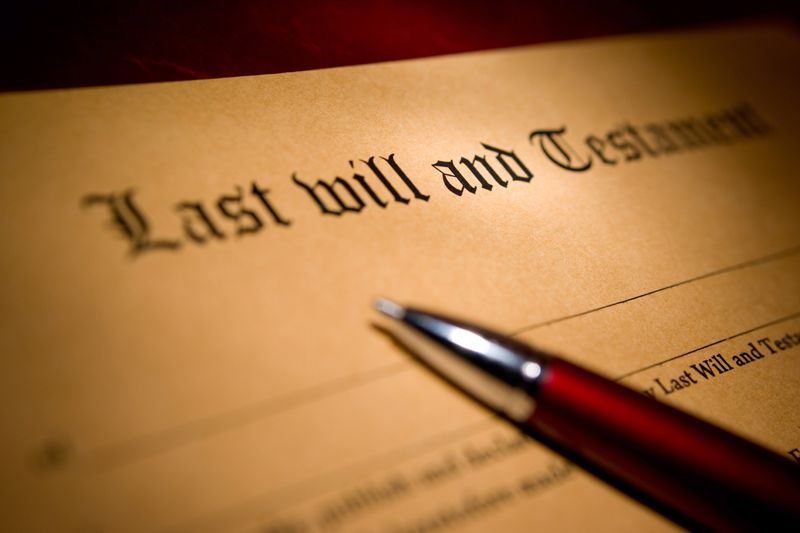BY NATHANIEL SILLIN
Adulthood brings certain financial responsibilities like the building of budgets, bank accounts and proper insurance. It’s surprising how few consider a proper estate plan part of that essential mix.
In fact, a recent ABCNews poll (http://abcnews.go.com/Business/story?id=86992) found that only about 50 percent of Americans have created a will and significantly fewer have created the supporting estate documents like a living will or a power of attorney.
Preparing now for the end of your life or for illness may not sound like fun, but it is necessary. Having a plan for the future can help bring you peace and even put you on the road to stronger financial security. It can also help those you care most about. We’ve all heard cautionary tales about relatives or friends who did not have a will, and family members who were left with difficult but avoidable situations.
So, how do you start an estate plan? It has a lot to do with carefully drawn documents, but it’s the planning behind them that really counts. I would encourage you to work with a qualified financial, estate and/or tax professional in your home state at the earliest opportunity to make sure your plans fit your needs and the needs of your loved ones. Here’s a bit more detail on each.
A will, also called a testament, is the starting point. Wills are generally seen as the umbrella document that drives the rest of an individual’s estate process. A will generally accomplishes the following:
-
It details how you want to leave your property to specific people or institutions after you die.
-
If you have minor children, it allows you to name a guardian to care for them after you die or become incapacitated. It also indicates who will manage your kids’ assets, including what you leave them.
-
It lets you name your executor, the trusted person who will carry out all your wishes in the will.





